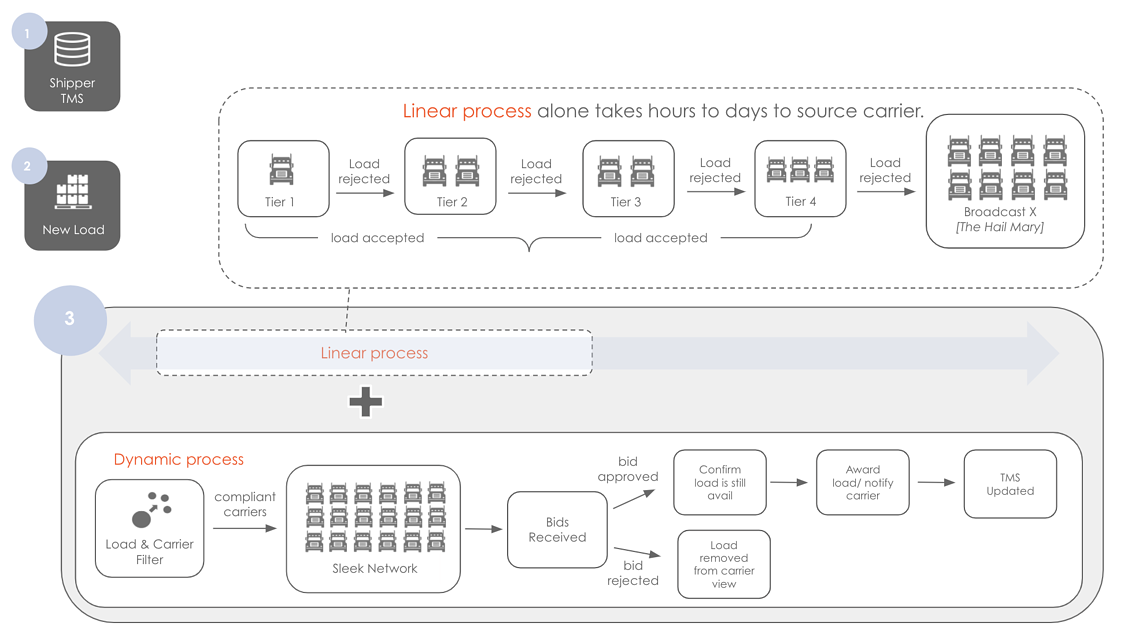It is hard to believe that refrigerated trucking season is here. Rising temps, and fruits and veggies ready for harvest, typically bring the busiest time of year for reefer shippers across the US. And unfortunately, this year’s refrigerated season is set to be hectic as a result of massive supply chain disruptions stemming from Covid and the Russia-Ukraine supply chain crisis.
Therefore, shippers need to rethink freight procurement by embracing new tools and analytics to successfully navigate this potentially historic (for all the wrong reasons) refrigerated trucking season. Here are a few things in particular that reefer shippers need to keep in mind as they execute their refrigerated trucking strategies.
Capacity Situation Remains Fluid
A lot has been made of the capacity crunch over the last 24 months. But recently it was announced that the load-to-truck ratio had dropped from 7:33:1 (in February 2022) down to 4:6:1. Spot rates were also on the decline with reefer spot pricing decreasing by ~$0.28 per mile. As the freight market continues to battle back to normal, it will be imperative that shippers have real-time, actionable freight data to quickly identify if/when they are over-paying to haul freight. Advanced freight procurement analytics empowers shippers with data to compare contracted carriers & brokers against true-market truckload cost (based on current supply & demand) so shippers can easily uncover resilience and cost reduction opportunities during this unpredictable time.
Labor Shortage Continues to Undermine OTD
Despite efforts in both the public and private sectors to fill the talent pipeline, loading docks and trucking companies are still fighting to fill positions. And with that, shippers may continue to face delays in moving loads. To help overcome poor OTD, innovative shippers have turned to freight procurement automation software to dynamically open compliant, asset-based reefer capacity when the routing guide breaks down. Running a dynamic freight procurement process, alongside the traditional linear one, helps shippers take proactive steps to mitigate the fallout from low primary carrier acceptance, and eliminate brokers/spot and the poor service that comes along with them.

Fuel Shortages Drive Costs Even Higher
Refrigerated trucking is more fuel-intensive, so shippers will need to account for rising gas prices which impact truckload cost.

